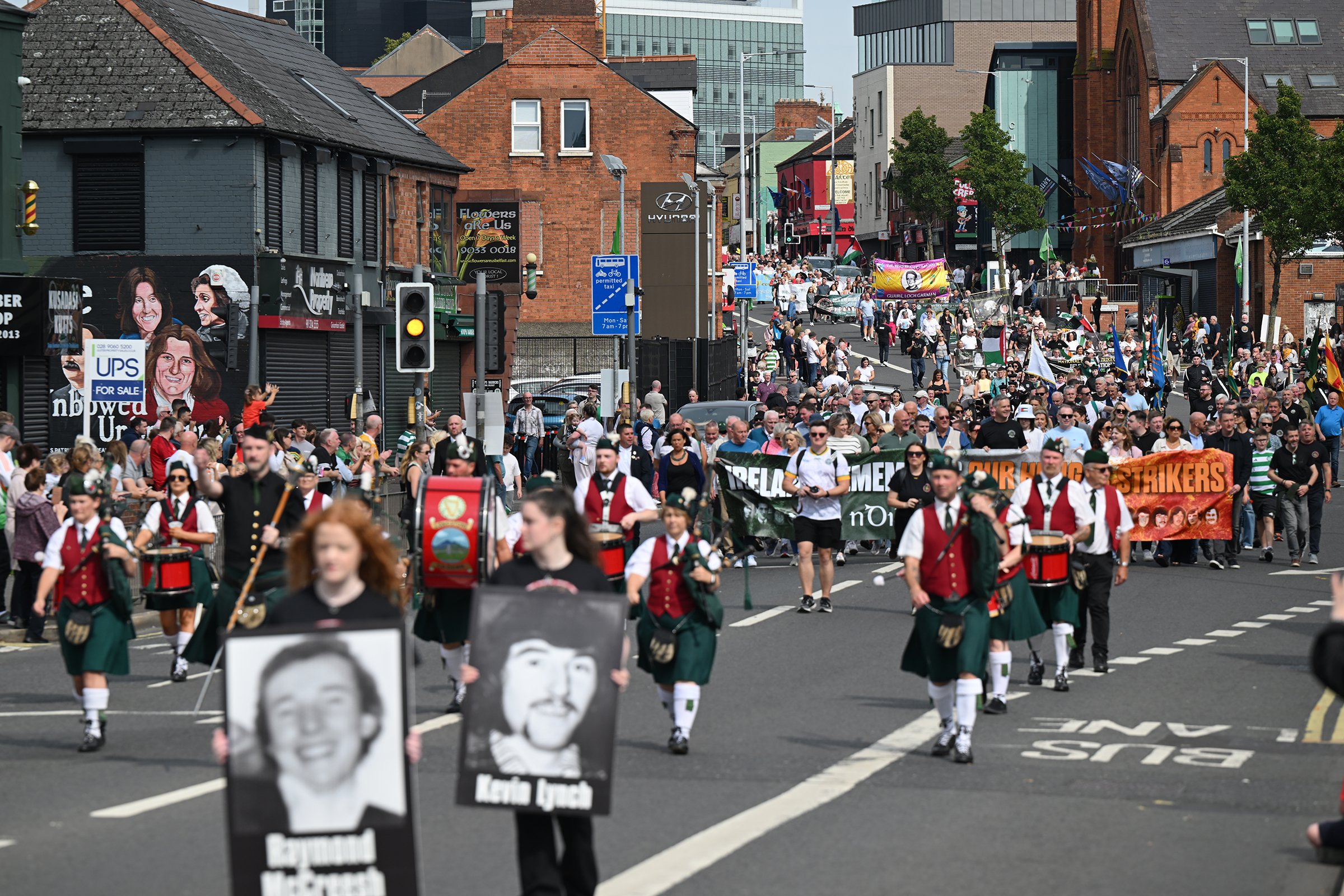
As a former army chaplain who spent four years on military operations in Northern Ireland, I have followed the debate around the United Kingdom government’s Northern Ireland Troubles Bill with a mix of sadness and disbelief.
Sadness, because it touches on wounds that were never properly healed; disbelief, because of the intensity of resistance from parts of the military establishment to renewed investigation of past actions.
During my service, I taught on the morality of war — the just war tradition, citing the rules of engagement and the law of armed conflict. These are not abstractions. They are the ethical spine of any disciplined military force. They define what separates a professional army from a gang with guns.
That is why I struggle to understand why any soldier, or any commander, who operated within those laws should fear proper scrutiny. If actions taken in Northern Ireland were lawful, then investigation will only confirm that.
If, on the other hand, some actions fell outside those rules, then justice — for victims, for families and for the integrity of the armed forces — demands that we acknowledge it.
The reflexive resistance to scrutiny has less to do with law than with culture. Military institutions are bound by fierce loyalty and esprit de corps. The instinct to "protect our own" runs deep.
Yet loyalty without truth erodes integrity. A few who acted wrongly should not be shielded at the cost of tarnishing the honour of the many who served with restraint and courage.
Some argue that it is unfair to pursue soldiers decades later when paramilitaries were pardoned or released under the Good Friday Agreement. That grievance is understandable.
But two wrongs do not make a right. The measure of a professional military is not that it is treated the same as terrorists, but that it holds itself to higher standards.
Others say that too much time has passed — that witnesses are gone, evidence is lost, memories faded. Perhaps so.
Yet for bereaved families, the quest is not only for punishment but for recognition: to have someone in authority say, "this happened, and it was wrong." Denying that process keeps them trapped in silence.
A deeper fear lies in what renewed scrutiny might reveal about command responsibility — about the adequacy of training, supervision and moral guidance at the time. For senior leaders, that is uncomfortable, but moral leadership is not about avoiding discomfort; it is about facing it.
I remember young soldiers caught in impossible situations: stones and petrol bombs by day, sniper fire and bombs by night, and civilians indistinguishable from combatants. Most did their duty with professionalism and restraint. A few did not.
And it is precisely because the vast majority acted honourably that the military should welcome examination. The truth will vindicate them, not condemn them.
When the army closes ranks, it blurs the line between the innocent and the guilty and invites suspicion that something is being hidden. Openness, by contrast, reaffirms moral confidence. It says: We have nothing to fear from the truth.
That is the message we should be sending to future generations of soldiers — that accountability is not an enemy of loyalty, but its highest form.
Unfortunately, the debate has become politicised. Veterans feel besieged by lawyers; victims’ families feel abandoned by the state. Between those two camps lies a shrinking space for honest reckoning.
Yet peace without truth is only a truce — fragile and shallow. If reconciliation in Northern Ireland is to be genuine, it must rest on candour as well as compassion.
For those of us who served, the issue is not about rewriting history but redeeming it. We were taught that we fought to uphold law and justice.
Those same principles must apply to us now. To reject accountability because it is inconvenient is to forget what made our service meaningful in the first place.
As a chaplain, I learned that repentance begins with honesty. Nations, like individuals, are healed only when they face their failures. Those who acted honourably have nothing to fear from truth. Those who did not should answer to it.
Facing the past — however painful — is not an act of betrayal, but of faithfulness: faithfulness to the law, to the victims and to the best of what we once believed ourselves to be.
— Tony Martin is a former British Army chaplain who served four years on operations in Northern Ireland. He now lives in Dunedin.










